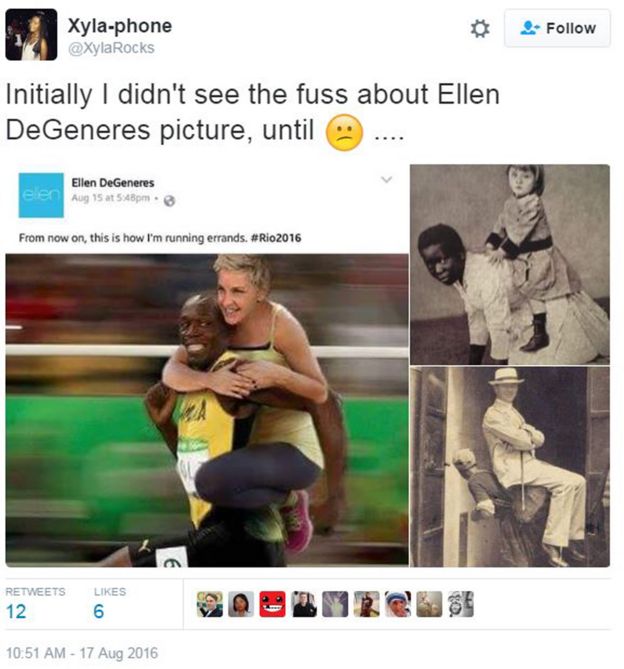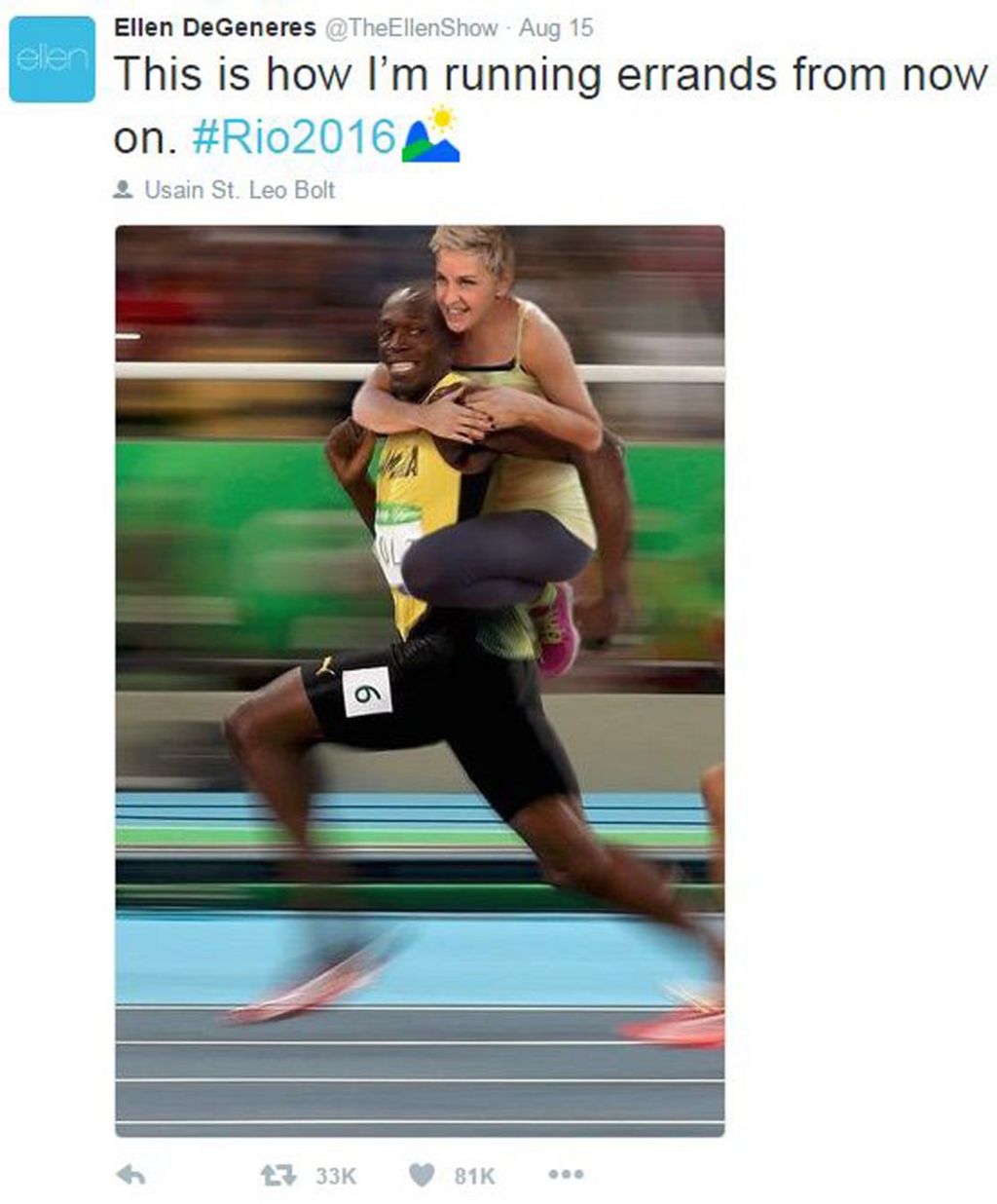Exploring The Dark Side: Racist Jokes And Their Impact
Are we truly comfortable with the jokes we tell, the laughter we share, and the narratives we perpetuate? The answer, often buried beneath layers of casual humor, reveals a disturbing truth: racist jokes, while seemingly harmless to some, can inflict profound damage on individuals and society as a whole.
The landscape of humor is constantly evolving, yet some forms of comedy remain stubbornly rooted in the past, clinging to stereotypes and prejudices that should have long been discarded. Consider the following: "Failed my biology test today: They asked, what is commonly found in cells? apparently black people wasn't the correct answer." Or, the question, "Why do jewish men get circumcised?" followed by the punchline, "Because jewish women won't touch anything unless it's 20% off." Such "jokes," even when delivered with a chuckle, are not merely innocent attempts at humor; they are loaded weapons that can wound and divide.
Racist jokes are a specific type of dark humor that zeroes in on racial stereotypes and prejudices. They usually exaggerate the differences between ethnic groups to create a laugh, but at what cost? The cost can be immense, ranging from the erosion of empathy to the normalization of discrimination. While some may argue that these jokes can help break down barriers by making light of tough subjects, this perspective often fails to consider the disproportionate harm they inflict on those who are the targets of the jokes.
For a comedian, the situation is fraught with complexity. Comedians are now under pressure to navigate these shifting norms, often facing harsh criticism for transgressions. In 2019, Lorne Michaels was reportedly furious at having to fire Shane Gillis from the cast of Saturday Night Live before the new season even began after some of his racist and homophobic jokes resurfaced. This incident highlights the significant risk associated with perpetuating offensive humor in the public eye.
The pervasiveness of racist jokes is a significant societal concern. They are not simply isolated instances of poor taste; rather, they are an indicator of underlying societal biases and prejudices. Consider how quickly a joke can spread: Racist jokes that originate in one mind are spread via the internet, found by a creative writer, placed in a movie, heard by millions, repeated by thousands in private conversations, returned to the internet, and reshaped by other minds. This cycle allows offensive material to gain traction and become embedded within the cultural consciousness.
| Joke Category | Description | Harmful Effects |
|---|---|---|
| Stereotypical Jokes | Jokes that rely on exaggerated or inaccurate generalizations about a particular racial or ethnic group. | Reinforce negative stereotypes, leading to prejudice and discrimination. They can also limit opportunities for individuals from targeted groups. |
| Jokes Based on Historical Trauma | Jokes that make light of historical injustices, such as slavery or the Holocaust. | Trivialize suffering, can cause emotional distress for people with connections to those events, and can contribute to a lack of empathy for marginalized groups. |
| "Us vs. Them" Jokes | Jokes that create divisions between groups by focusing on perceived differences and fueling animosity. | Promote intolerance and division, undermining social cohesion and potentially encouraging hostility. |
| Jokes that Mock Cultural Practices | Jokes that ridicule the customs, traditions, or beliefs of a particular culture. | Show disrespect for cultural diversity, demean those practices and lead to misunderstanding and prejudice. |
Some people believe that racist jokes can be a tool for social commentary, allowing comedians to expose the absurdity of prejudice or to highlight serious issues. However, it is important to ask whether the potential benefits outweigh the harm. Jokes about police brutality, racial profiling, and systemic inequalities use humor to highlight serious issues, but there is a fine line between commentary and endorsement.
The harm caused by racist jokes is not always immediately apparent. And perhaps most devastatingly, racist jokes can lead to discrimination, as they perpetuate stereotypes and make it easier for people to justify treating others poorly. Jokes that mock a person's race or culture are especially insidious. They can erode a person's self-esteem and contribute to a climate of exclusion.
Making a racist joke at the expense of one of the few characters of color is a bad take. This illustrates a broader problem: the underrepresentation of people of color in media. When characters of color are present, they are often subjected to negative stereotypes. Racist jokes can even be used to demean their work. Most of the jokes aimed at black people demean their work, further entrenching negative attitudes towards Black people in society.
Consider how these jokes reflect deep societal divides and evolving attitudes toward race. You can't ignore the impact they have on our understanding of the world. Racist jokes have stirred intense debates, capturing everyone's attention lately, and the pressure is on. Many people are beginning to recognize the harm they cause, with research showing that exposure to such humor can normalize biases. It is critical to be aware of the impact jokes can have, even if they are not intended to cause harm.
For instance, a comedian might use a racist joke to highlight the absurdity of prejudice or to expose the irrationality of racist beliefs. It is essential, however, to examine the impact of such attempts. Is the intent achieved? Or does the joke perpetuate the very stereotypes the comedian claims to be deconstructing? Even the best-intentioned humor can backfire. The line between satire and reinforcement is thin and easily crossed.
The spread of racist jokes via the internet is particularly concerning. They can rapidly circulate, reaching a vast audience and often being stripped of any mitigating context. The anonymity of the internet can embolden people to share jokes that they might otherwise keep to themselves, further amplifying the potential for harm. Moreover, the algorithms of social media platforms can inadvertently contribute to the problem, creating echo chambers that reinforce existing biases.
Here are some of the most offensive things said on friends, as an example of how humor can go wrong: jokes that are gleeful about necrophilia, cannibalism, and torture, jokes that viciously diminish, denigrate, and defame the basic human rights of various political, racial, or ethnic groups, jokes that celebrate and advocate violence, mutilation and death, and jokes that demean women, the lbgtq community, and the physically impaired. It highlights the spectrum of offensive content, ranging from overt hate speech to more subtle forms of prejudice.
The debate surrounding racist jokes is far from settled. It involves complex considerations of free speech, cultural sensitivity, and the potential for harm. Comedians and audiences alike are grappling with the challenge of navigating this evolving landscape. It requires ongoing dialogue, critical self-reflection, and a commitment to creating a more inclusive and equitable society.
The goal is not to stifle humor, but rather to encourage thoughtful and responsible comedic choices. It's about recognizing the power of words and the impact they can have on others. It's about building a world where laughter doesn't come at the expense of anyone's dignity or well-being.


